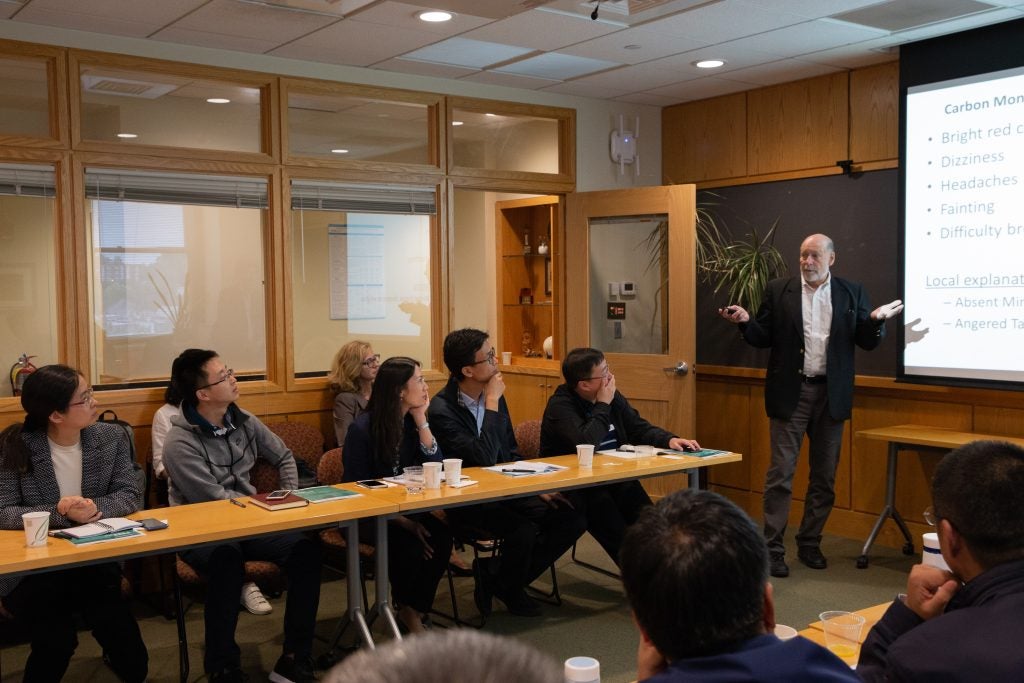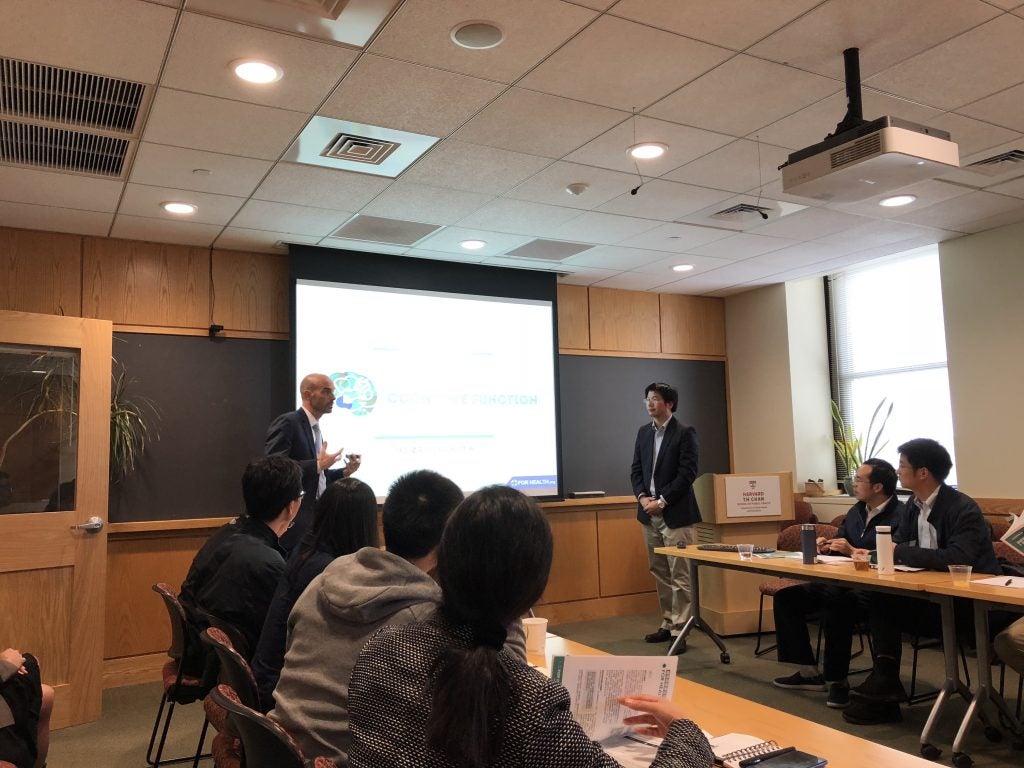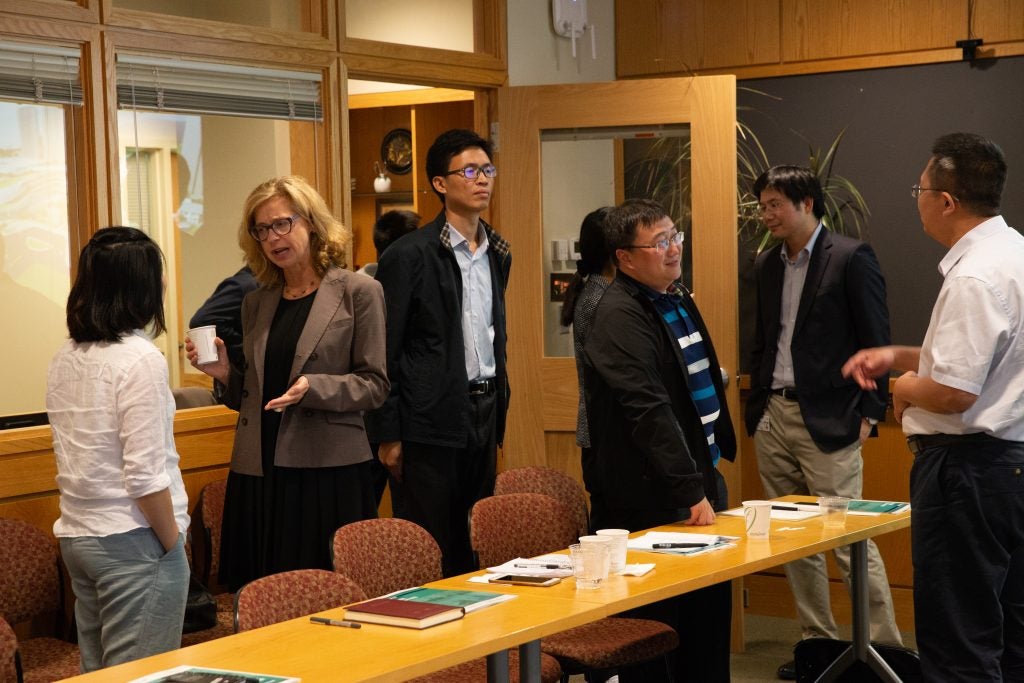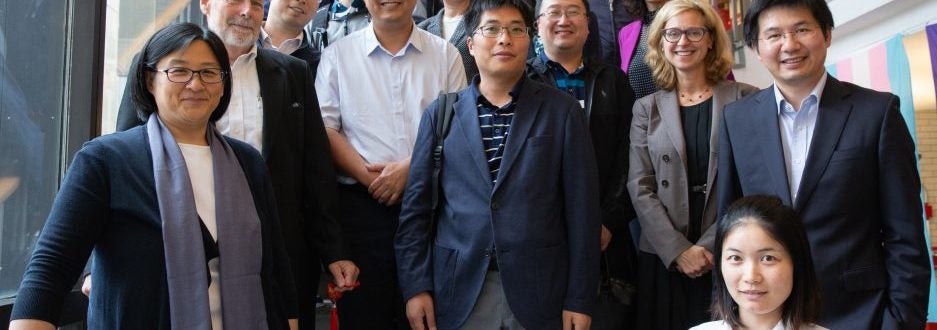Winnie Yip, professor of the practice of international health policy and economics and William Hsiao, the K.T. Li Research Professor of Economics, opened up the discussion by reflecting on their past work on health systems and sustainable health financing in China. China’s fast development has posed a set of challenges that has prompted policy makers to continue seeking best practices from other parts of the world. The delegates shared their first-hand experience of working in a government that values quickly absorbing and implementing new approaches. The importance of evidence-based policy making is beginning to be recognized by more government officials at various levels.

Professor Jack Spengler, the Akira Yamaguchi Professor of Environmental Health and Human Habitation, and a veteran China scholar, started his work in China more than 20 years ago. Having observed China’s changes over the past two decades, Professor Spengler presented valuable insights and rigorous research that are deeply rooted in his knowledge of China’s economic, political and social context. The research of Professor Spengler and his teams spans from Tibet to Suzhou, addressing various aspects of environmental health issues in China.

During the discussion, Joseph Allen, assistant professor of exposure assessment science, shared his research on indoor built environment. His findings pointed to a vast underinvested opportunity for improving labor force productivity and cognitive performance. Jie Pan, a Ph.D. candidate in Population Health Sciences program with the field of study in Environmental Health, shared his work on the impact of biophilic design in buildings on health; and Linda Tomasso, a Ph.D student from the same program brought the delegates’ attention to outdoor environment, in particular role of urban nature on people’s wellbeing.

The delegates said that they appreciated the opportunity to learn from the cutting-edge research in environmental health from Harvard faculty and that the presentations deepened their understanding of the impact of environmental pollution and urban planning on human health.

